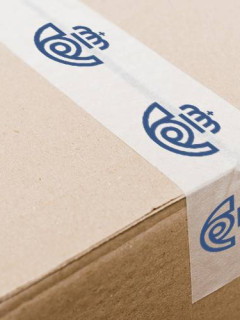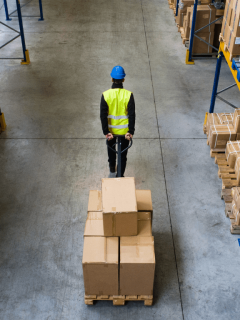As of 1 January 2023, a new green tax on non-reusable plastic packaging has come into force. Do you want to know how and who will be affected by this tax? Here you will find the answers to any doubts you may have.
What is the tax on non-reusable plastic packaging?
Continuing with the fight against single-use plastics and the commitment to an ecological transition, the special tax on non-reusable plastic packaging came into force on 1 January 2023. This new tax is an indirect tax on the use of non-reusable packaging containing plastic, whether empty or carrying any goods. It is regulated in Chapter I of Title VII of Law 7/2022, of 8 April, on waste and contaminated soils for a circular economy (articles 67 to 83) and was proposed by the European Union within the framework of the Green Pact.
The new tax is levied on the use of non-recycled and non-reusable plastic packaging. Non-recycled plastic manufactured or imported into Spain, whether empty or containing products, is subject to a tax of 0.45 euros/kg. The aim is to gradually eliminate the use of this type of packaging and the government expects to collect some 724 million euros.
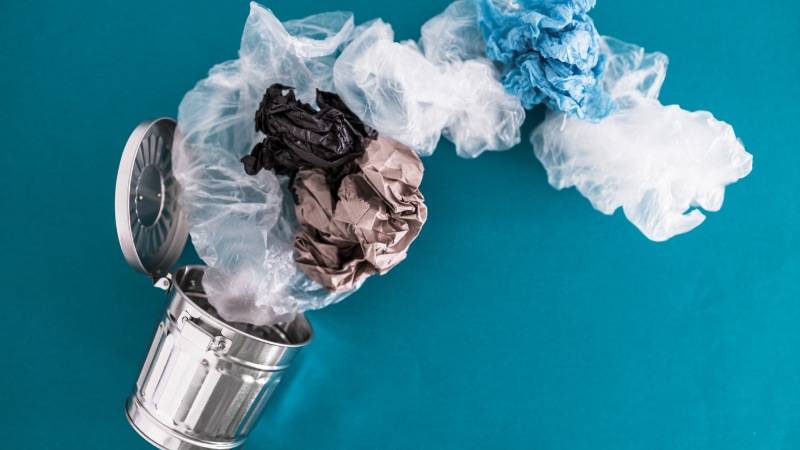
Which products are included?
The new tax will affect the following products:
- Non-reusable packaging containing plastic designed to contain, protect, handle, distribute or present goods.
- Semi-finished plastic products for the production of such packaging
- Plastic-containing products intended for closure, marketing or presentation.
Which products are exempted?
However, the following products are exempt from this tax
- Medicines
- Medical devices
- Foodstuffs for special medical purposes
- Infant formulae for hospital use
- Hazardous waste of medical origin
Which sectors are affected?
This tax may affect your sector in the following ways:
- If you manufacture non-reusable plastic packaging, whether primary, secondary or tertiary packaging.
- If you import or make intra-Community acquisitions of non-reusable plastic packaging, whether it is empty or contains any type of goods.
- If your transactions concern plastic products intended for the manufacture of non-reusable plastic packaging or the closing, marketing or presentation of non-reusable plastic packaging.
Who will pay the plastic tax?
The tax is indirect and is levied on the manufacture, import or intra-Community acquisition of non-reusable plastic packaging on the Spanish market. The taxpayers who will have to pay the plastic tax will be different depending on the taxable event:
- In manufacturing, the taxpayer will be the manufacturer.
- On importation, it will be the importer.
- In the case of intra-Community acquisition, the intra-Community acquirer will pay.
- In the case of irregular possession, the taxpayer is the person who possesses, markets, transports or uses non-reusable plastic packaging.
How will the plastic tax affect the consumer?
Citizens may be affected by the new tax if manufacturers pass on the cost of the tax in the final price of the products. Therefore, manufacturers and importers have to study the optimal market prices of their goods in order to quantify the impact of this tax.
What are the obligations of the companies involved?
- Manufacturers, importers and intra-EU purchasers will have to show separately on the invoice the weight in kilograms of the non-recycled plastic used.
- Manufacturers will have to record in their accounts the raw materials used in the production of the products.
- Purchasers shall indicate in their accounts the stocks of this type of packaging.
- Companies are obliged to register in a new territorial register for the tax on non-reusable plastic packaging before the start of operations. If they have already started, before 31 January 2023.
You can review in detail the regulations of the special tax on non-reusable plastic packaging on the official website of the Spanish Tax Agency.
RAJA®, committed to the environment
Caring for the environment is one of our pillars, so in our catalogue you can find different types of EcoResponsible food packaging. These products, being made from recycled materials and being recyclable and biodegradable, are ecological options that replace some of the banned items or those that have been taxed with the new tax.
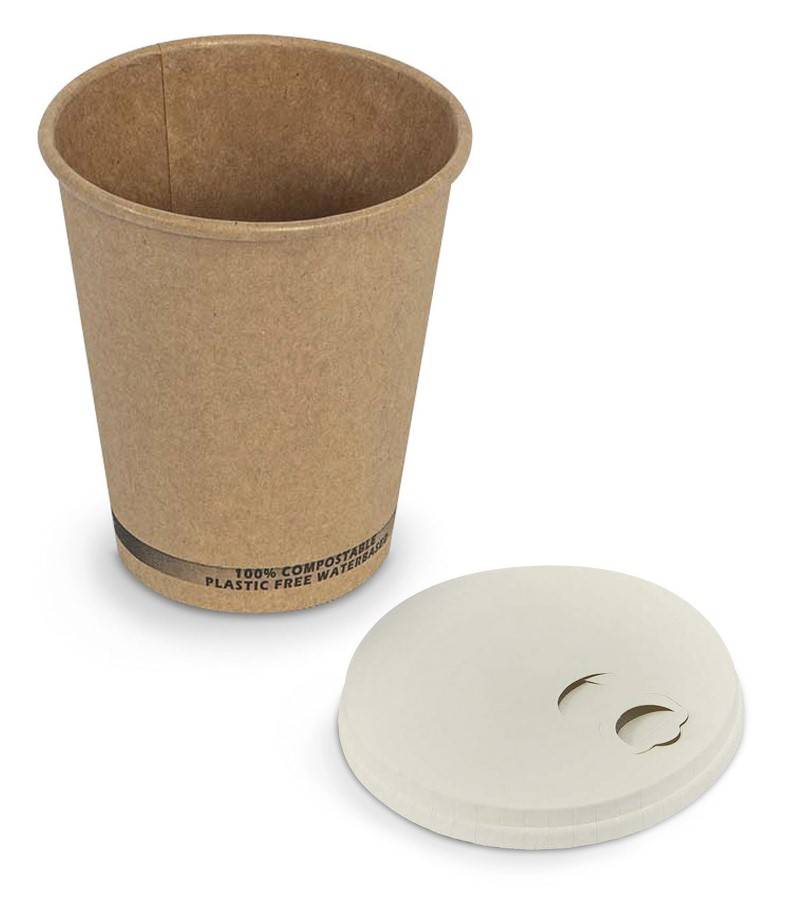
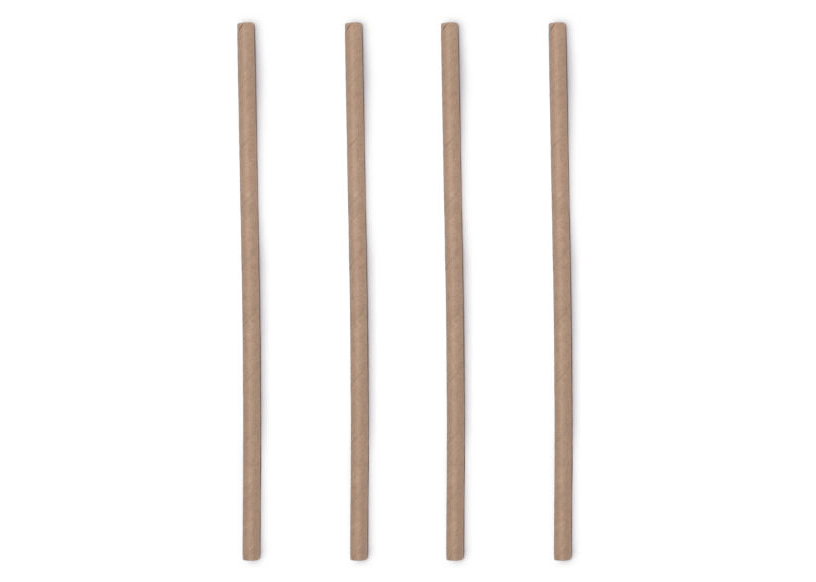

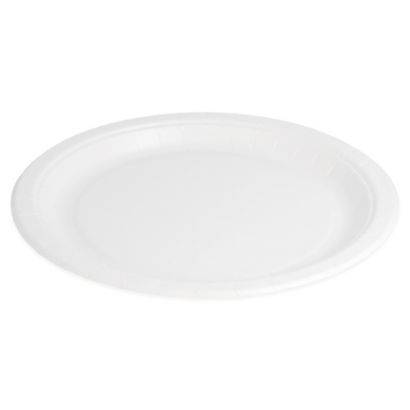
From kraft paper cups (with 100% paper lids) to wooden cutlery, paper straws or tablecloths in recycled kraft paper for use in hotels and restaurants.
We have also recently added three new products to our range of EcoResponsible products: paper strapping, a more sustainable alternative to traditional plastic strapping, ideal for strapping light packages and for short-term storage. The manual stretch paper for palletisation, made from 100% virgin 45 g/m² corrugated kraft paper with a self-adhesive inner side, stretchable up to 30%. And the padded honeycomb paper envelope, made of 100% paper, with a cardboard paper exterior and honeycomb virgin kraft paper filling. All of them are
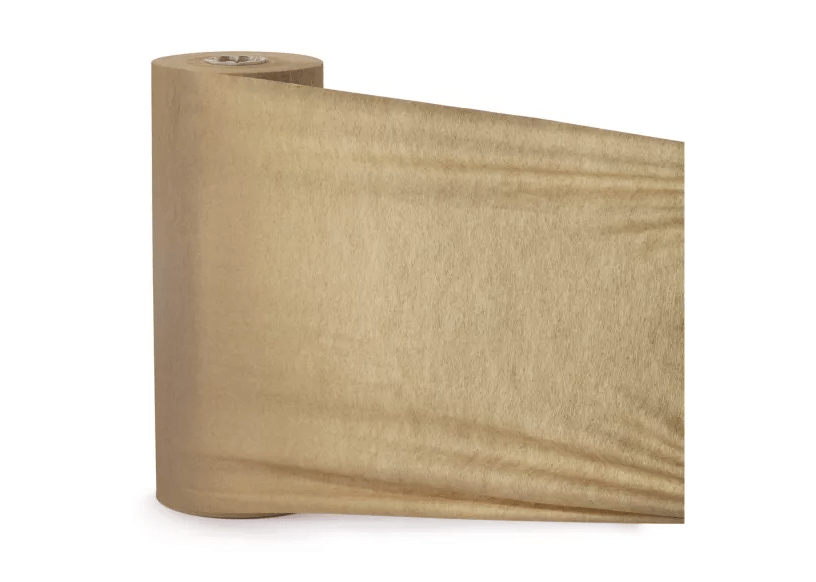
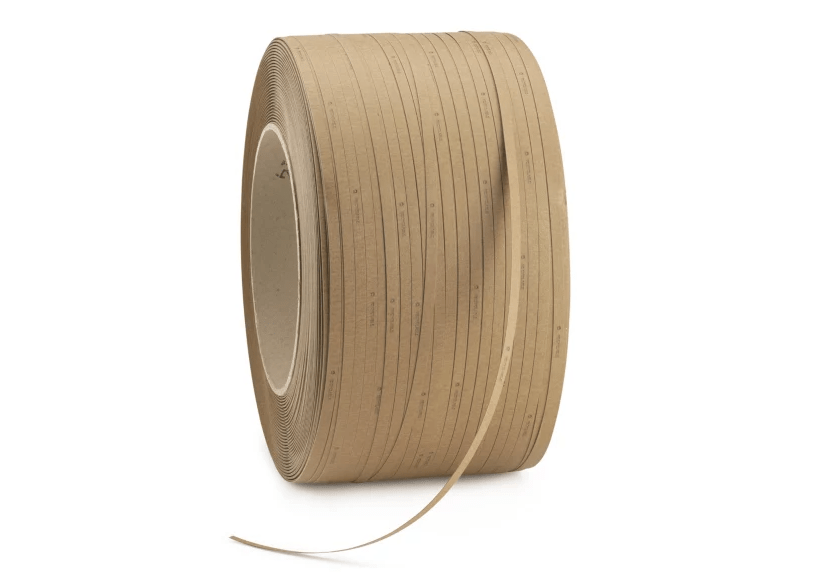
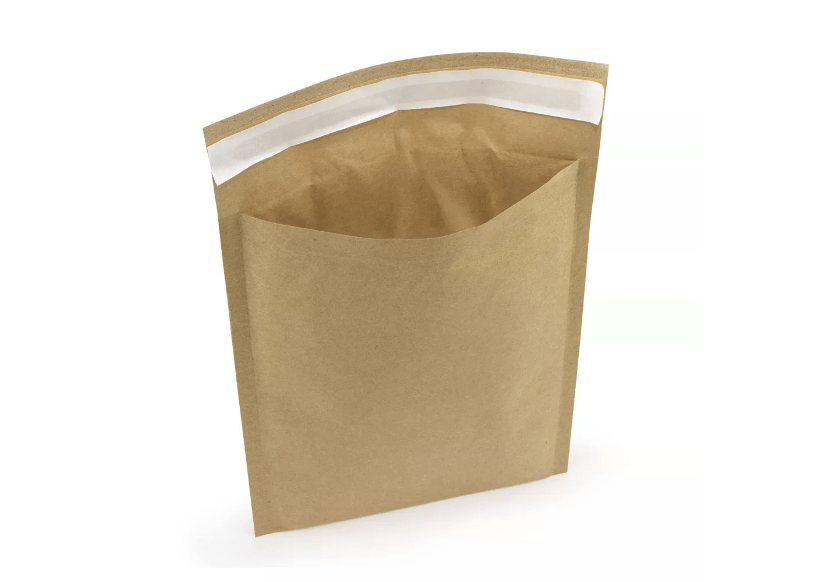
At RAJA® we are committed to caring for the planet, and we are firmly committed to offering you EcoResponsible innovations in our product portfolio. Our goal: that you find sustainable alternatives to traditional plastic packaging.
If you need advice, don’t hesitate to call us on 900 877 025. We will be happy to help you.












